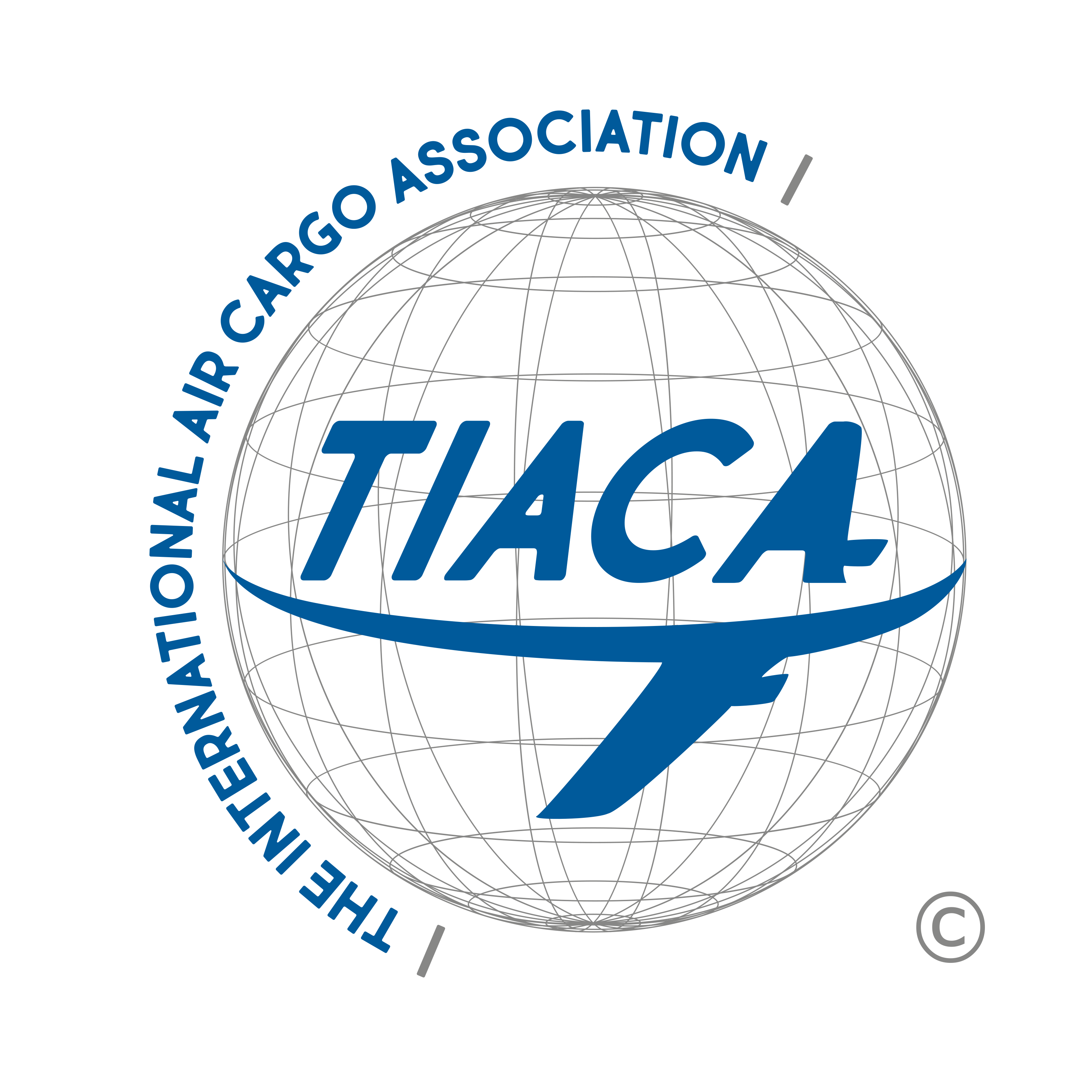From Both Sides of the Ramp: KLM’s Take on EASA’s Ground Handling Regulations
Article submitted by: KLM Cargo
Written by: Kester Meijer, Director Operational Integrity, Compliance & Safety – ISCM
KLM’s view on to the new EASA regulations package (Regulation (EU) 2025/20 to 24) is a combined approach from the airline perspective and handler position. With the European scope for this regulation, it might be beneficial for the operator’s monitoring of contracted ground handling activities.
After implementation of the new regulations in 2027, it could lead to a decreased audit pressure on audits performed by European Operators on European Ground handlers. For instance depending on the interpretation of the different Authorities within the EU, it might become possible to create a monitoring program with a reduction in actual visits/audits for handlers within the EU.
This can also be seen in view of the currently increasing focus from world-wide Authorities on GHA training and training approvals for which the operators are held responsible from a quality and effectiveness perspective. When GHA’s are approved under regulations such as (EU) 2025/20 to 24, their trainingprograms should also fall under Authority oversight relieving the Operator from their due diligence.
As an Operator and handler we support the wish to have standards for handling aircraft and cargo and the safety benefit from this for all parties involved. The new regulations does make it possible to use standerdized and ‘certified’ procedures within the ground handling organisations, when this handling organisation is working under Regulation (EU) 2025/20.
The challenge will be the combination of the handling organisation’s procedures with the requirements of the various Operators they handle and to adjust the Operator requirements and procedures to their actual operations and the Safety Management System requirements. This requires activities on airline specific events and have airline specific safety barriers. These barriers, practically ends in airline specific procedures.
To conclude: The new regulations might reduce the number of audits and contribute to one set of procedures for handling companies. But especially the last one will be very challenging in relation to other requirements and/or the requirements of their customers/Operators.

